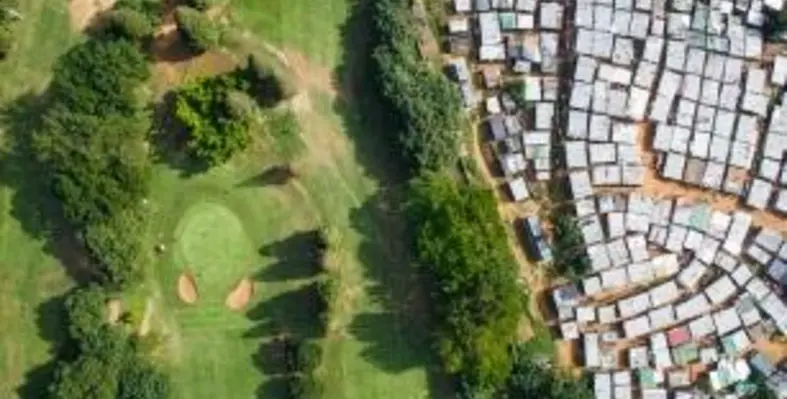The UN Environment and the European Union (EU) met at the UN Environment in Nairobi, Kenya to share insights on SWITCH to Green, an initiative that supports governments in their transition to green economies
The initiative’s primary objective is to turn environmental challenges into opportunities. It is based on the understanding that the core of sustainable development is an inclusive green economy with sustainable consumption and production patterns.
The roundtable brought together regional programmes such as SWITCH Asia, SWITCH Africa Green, SWITCHMed and Eastern Partnership (EaP) Green/EU4 Environment to showcase the achievements that inspired green entrepreneurial efforts and policymaking.
Launched in 2014, SWITCH Africa Green has steered six African countries, Burkina Faso, Ghana, Kenya, Mauritius, South Africa and Uganda, towards sustainable patterns of consumption and production, while also generating economic growth.
One project beneficiary, Newton Owino makes fish leather from fish skin, adding value to fisheries by-product that would otherwise be discarded as waste, one that pollutes the environment as it decomposes.
He also managed, for the first time, to access new leather markets in several countries in Europe and North America.
Satya Tripathi, UN assistant secretary-general and head of New York Office of UN Environment, said, “Greening the economy is not just about the environment. It also offers multiple benefits like job creation, poverty reduction, economic diversification and income generation. SWITCH to Green is a strategic vehicle that’s driving this transition.”
As Africa moves towards greener initiatives, the UK Government has announced, through InfraCo Africa, a private infrastructure development group (PIDG) company, that it will invest US$2.2mn in the development of two solar plants in rural Kenya.
The two solar plants in Samburu and Transmara, each with a capacity of 10 MWAC, will give more people access to affordable, clean energy.
The Transforming Energy Access programme of the UK’s Department for International Development has helped people and businesses across Africa cut two million tonnes of carbon emissions and improve the lives of low-income people. It has also leveraged investment worth US$359mn in clean energy from the public and private sectors.
Harriett Baldwin, minister for Africa, said, “Transforming Energy Access is using the UK’s expertise in technology and finance to provide power for people across Africa and tackle one of the world’s biggest challenges, climate change.”
In 2018, Kenya’s government reaffirmed its intention to achieve Universal Electricity Access by 2022 and to continue developing the power sector: including strategic use of on-grid, off-grid and small-scale solutions.
The Samburu and Transmara projects are also set to explore the potential for participating in a pilot local currency purchase agreement (PPA). If confirmed, the solar project(s) would be among the first in sub-Saharan Africa to negotiate local currency renewable energy PPAs outside South Africa.












